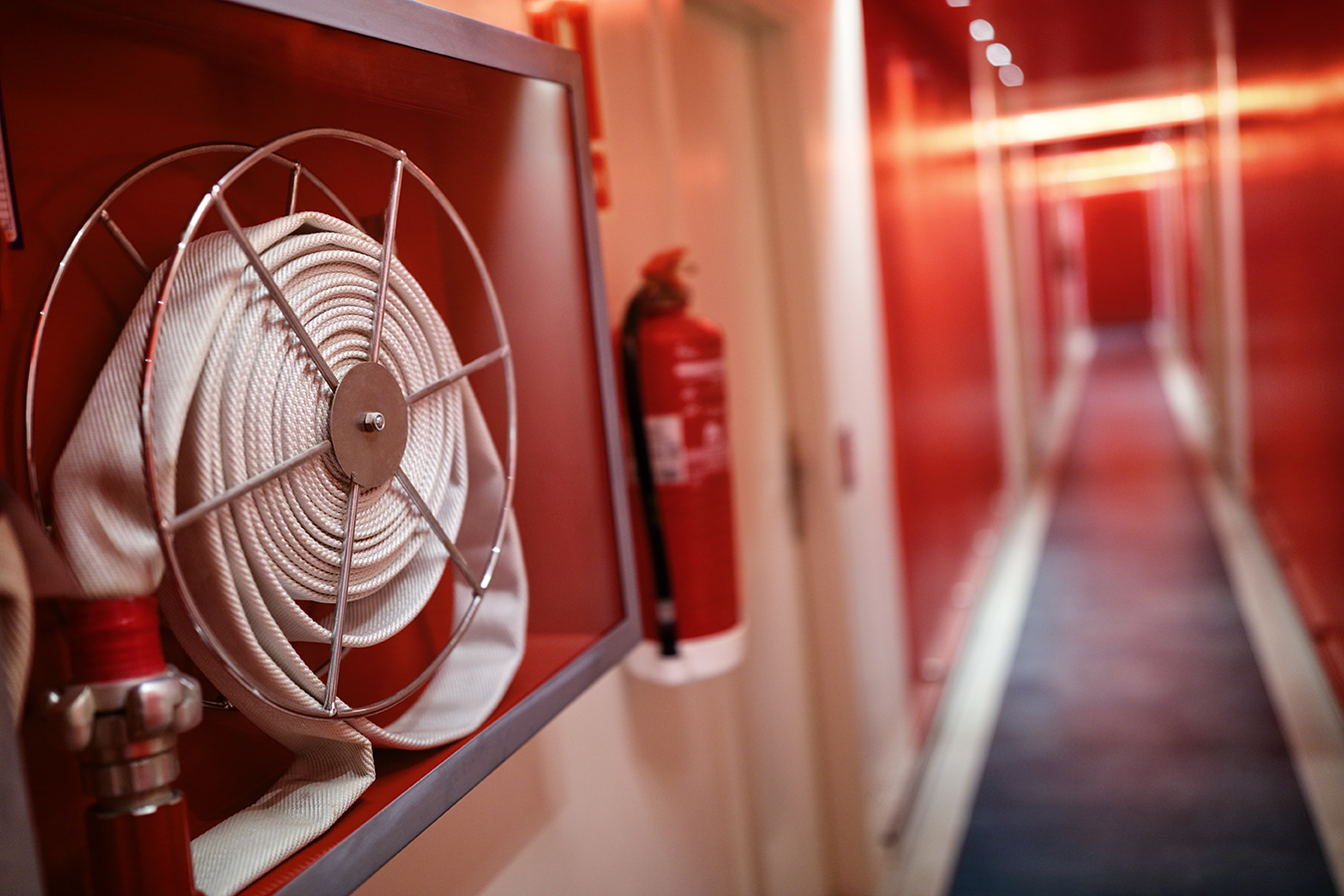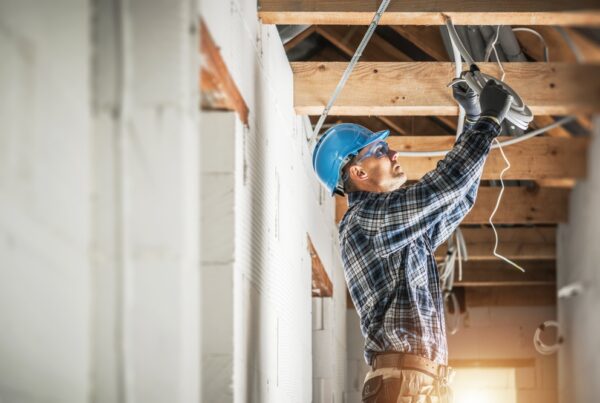There are a number of fire safety obligations that landlords and rental property managers must comply with.
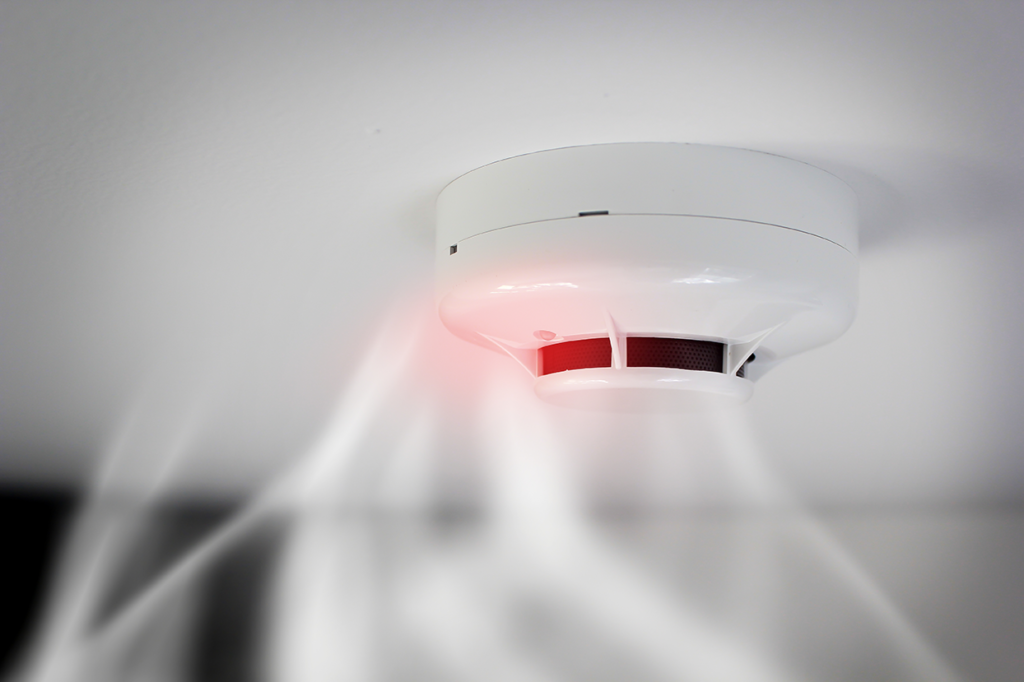
Complying with these obligations is essential to providing a safe environment for tenants, and failure to do so could result in serious injury or even death.
So what are some of the key fire safety obligations for landlords and rental property managers?
1. Smoke alarms
The most obvious but also the most important fire safety obligation is to ensure that smoke alarms are installed and working in the property.
Smoke alarms play a vital role in the early detection of fires, and can mean the difference between life and death.
It is mandatory for smoke alarms to be installed in rental properties. These safety devices can save lives, and can save thousands (if not millions) of dollars in damage.
Smoke alarm legislation and requirements vary from state to state, so it is important to check the specific requirements that apply to your property.
However, as a general guide, these devices should be installed by a suitably qualified person, and should be tested regularly to ensure they are working correctly.
2. Fire safety equipment
Another important fire safety obligation for landlords and property managers is to ensure that fire safety equipment is installed and maintained in the rental property.
Smoke alarms must be installed in all rental properties, and must be tested and maintained on a regular basis.
It is also a good idea to install fire safety equipment such as fire extinguishers and fire blankets, and to make sure that tenants know where they are located and how to use them.
In most states, fire extinguishers must be installed in accessible places.
Remember that fire safety begins and ends with education!
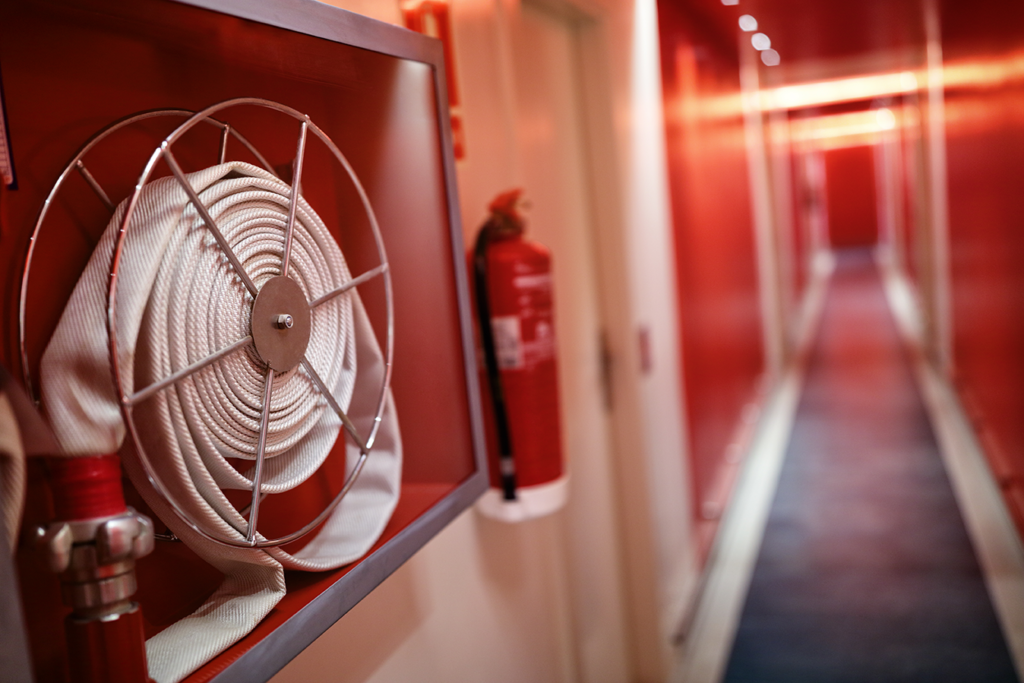
3. Have regular inspections
For the safety of your tenants, as well as for the good of compliance, it is important to have regular inspections of your property.
This includes checking that all fire alarms, smoke alarms and other fire safety equipment are in working order.
It is your responsibility as the landlord or property manager to ensure that all fire safety equipment is installed and maintained in accordance with standards.
Your tenants should also be instructed on how to use fire safety equipment, such as fire extinguishers.
4. Repairs should be considered urgent
If any fire safety equipment is not in working order, it is your responsibility as the landlord or property manager to ensure that it is repaired within the amount of time designated by the law.
Urgent repairs need to be treated as such. Battery-operated smoke alarms must be replaced immediately and hard-wired smoke alarms must be repaired within two business days in many states.
5. Maintenance should be up-to-date
In addition to regular inspections, it is important to ensure that all fire safety equipment is properly maintained.
This includes testing smoke alarms monthly and replacing batteries at least once a year.
It is also important to ensure that any fire extinguishers are serviced and recharged as needed.
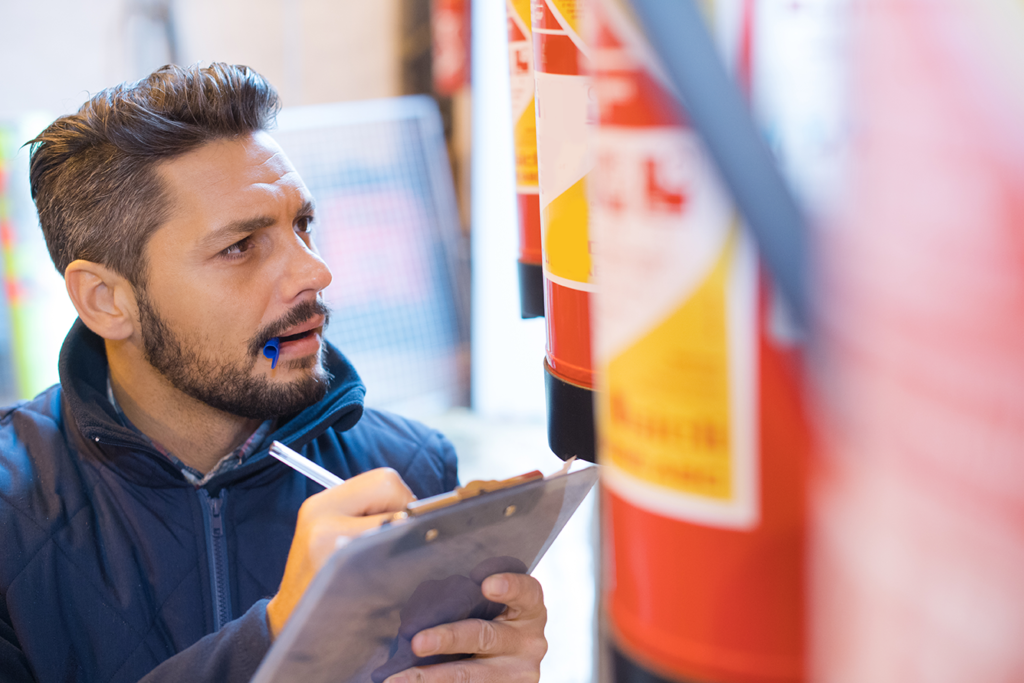
6. Notify tenants of changes
If any changes are made to the fire safety equipment or procedures in your rental property, it is your responsibility to notify tenants in writing within a reasonable amount of time.
This includes changes such as the installation of a new fire alarm system or the change of a smoke alarm battery.
Working smoke alarms are a legal requirement in all states and territories, and it is the landlord’s responsibility to ensure that they are installed and maintained within the premises.
Compliance with these obligations is essential to providing a safe environment for tenants, and failure to do so could result in serious injury or even death.
Test your smoke alarms monthly and make sure to replace the batteries at least once a year in order to keep the premises up to the legal standard, and safe for all.
The bottom line
A smoke alarm is a lifesaver.
Fire can be one of the fastest, deadliest and most destructive forces in nature. It only takes minutes for a fire to rage out of control and fill a room, which is why having an alarm will make all the difference.
Landlords and property managers are legally required to install alarms in their rental properties and to ensure that they are in working order for the safety of their tenants.
Urgent repairs may be required if an alarm is not working.
If you are a landlord or property manager, you are responsible for the safety of your tenants. This means that you must ensure that your rental property is up to code and that all alarms are in working order.
